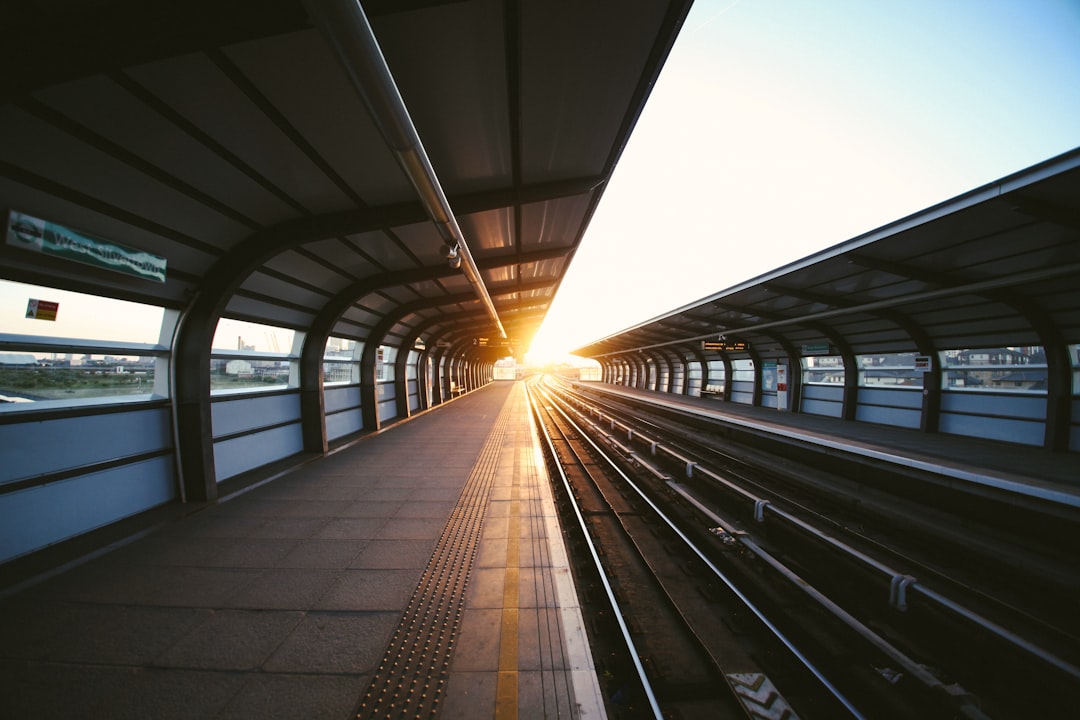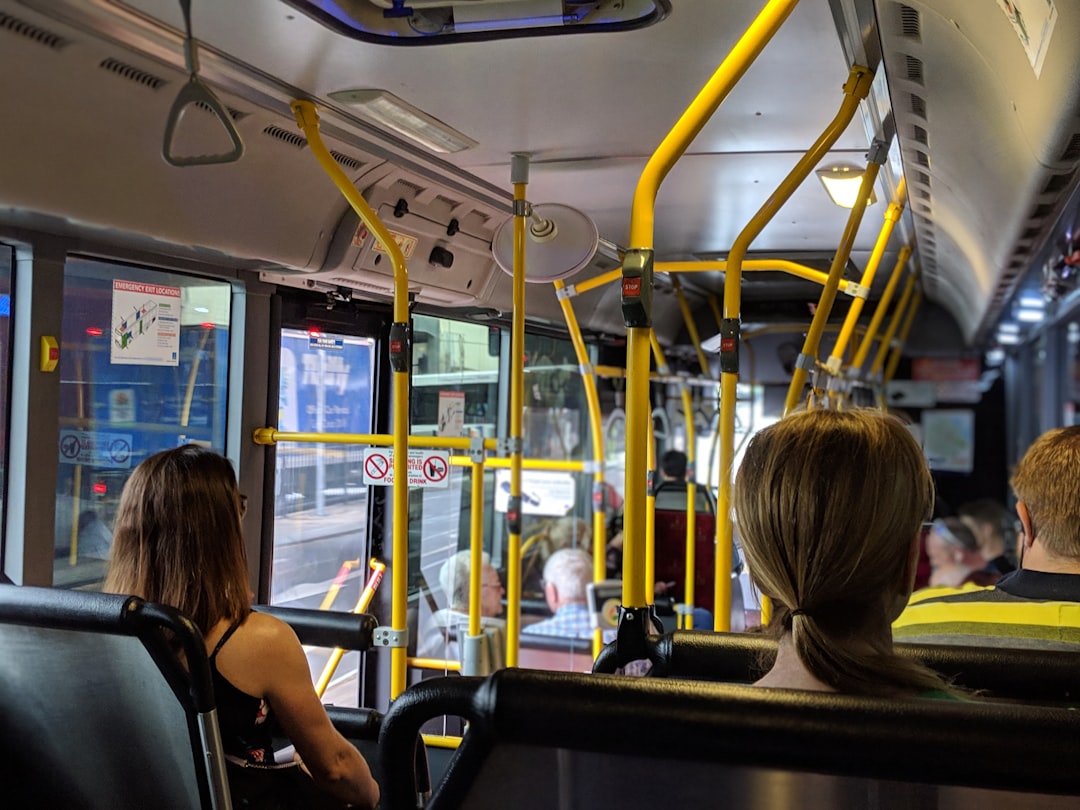Lessons from the bus
Slowing down and enjoying the ride
Introduction
Riding the bus this past Sunday reminded me of a few things I had forgotten after living behind the wheel. Driving can be a pleasure to many, but the lessons learned from public transport are unavoidable. Here are some thoughts after my 3-hour train/bus ride from the airport.
One: Not everyone is in an ideal situation.
It is not uncommon to hear the suggestion: “You have the willpower to overcome your technology addiction” in digital minimalist circles. It is true that many people spend a good portion of their day behind the screen and could opt out of certain aspects of that lifestyle. However, the price to afford that kind of lifestyle is not accessible to everyone. Many depend on their smartphones for a living (think the gig economy) while others can go without them due to their profession. I, for example, only need text messages, calls, and emails for my line of work, but I recognize others are trapped in the attention depletion economy.
As I was waiting for the bus, I recognized how lucky I am to have a car and depend only on myself to move around the city. I can start the engine, drive to my desired destination, and arrive on my terms. People who depend on public transportation have to stick to the timeline, one that often is not followed accurately. They have to adjust their plans while on the go, process information available on the web or posted schedules, and recreate their trips. Furthermore, they may have to call in to reschedule or apologize for their late arrival.
I experienced this during my trip. Usually, one would take the A-line from the airport to Union Station and the D-line to Mineral Avenue and call it a day. This route is what I had envisioned during my first ride on the Denver light rail. I researched the route on my laptop before arrival, purchased the day pass, and boarded the first train. Upon transferring to the D-line to my surprise, there was a segment that was under “renovations.” I consulted the schedules and a couple of employees at the terminal. After listening to me, they advised me to get the 51 or the 0, and off I went. Luckily, the pass I purchased at the airport was valid for the bus as well.
The whole ordeal extended my trip from a 1-hour ride to a 3-hour expedition. I had the time to kill through a book I purchased on my travels, but the same cannot be said for everyone. This is why the willpower comment is sometimes irrelevant in digital minimalism conversations. Willpower is only one factor to consider in the scheme of transitioning to a slower-paced lifestyle. People, nowadays, have a complex set of needs that were not present 10 years ago. Smartphones have become ubiquitous for a segment of the population. Fighting against the current requires intentionality and planning just like my ride on the bus. Moreover, it requires adjustments, quick thinking, and being willing to ask questions to those that know more than we do.

Two: Digital “connectivity” is diminishing depth.
During my odyssey, I observed plenty of individuals. Multiple generations boarded the train and bus yet the common factor was the avoidance of others through the screen. Older people and young alike hid their gazes from each other and turn their time to TikTok, Facebook, or reading the news. While I enjoy quiet time and unperturbed rides (even when I drive), there is something to be analyzed regarding the missed opportunities for human physical connection. The arguments of SMS, Messenger, WhatsApp, and Signal being ways of connecting with others are somewhat valid. They provide a way to communicate with those that we know and care for. However, these online conversations lack the serendipitous nature and depth that can be achieved in real-time. They lack the reality check that talking to a stranger provides. Online conversations are often curated versions of ourselves devoid of body language, tone, and intention.
By engaging with the unknown, we expand our horizons and see the world through someone else’s gaze. The public transport experience allowed me to meet people that I often would not encounter. A mother of two, a recently relocated Afghan immigrant family, and an older couple who shared too much information about the husband’s latest surgery with me. While an annoyance to some, these short 5-10 minute conversations provided a level of understanding not present before. It didn’t shape my worldview or made a significant change, but it started the process of deepening my thought process. It reminded me that the world is deeper and more complex than my WhatsApp chat.
Online conversations are often curated versions of ourselves devoid of body language, tone, and intention.
Three: Public transport is a joy for books, podcasts, and my wallet.
During my remaining time on the bus, I decided to read my recent acquisition, Thomas Piketty’s A Brief History of Equality. Behind the wheel, it is unsafe to read the printed word (I did it once while driving to a final exam, I do not recommend it). While on the bus, however, it was a predictable flow of stops and speed that permitted reading. I went through 3 chapters of the book, jotted some notes, and enjoyed a podcast afterward. The slower-paced transport creates an opportunity to digest information and enjoy it. It is not only the books or podcasts, however. It is the general surrounding areas. While riding the bus or train, one is able to notice the small businesses, the general behavior of people, and the changes in scenery. It is an adjustment, but a welcome one.
Finally, the train or bus is cost-effective. I spent $3 from the airport to my home during this ride. I enjoyed the benefits and adjusted to my reality when issues arose. While not for everyone, these lessons from the bus reminded me of the importance of walking out of my driving zone.


